Precise Chimney Examination for Optimal Performance
Regular chimney inspections are essential for maintaining safety and efficiency in wood-burning fireplaces. Ensuring proper functioning helps prevent potential hazards and extends the lifespan of the chimney system.
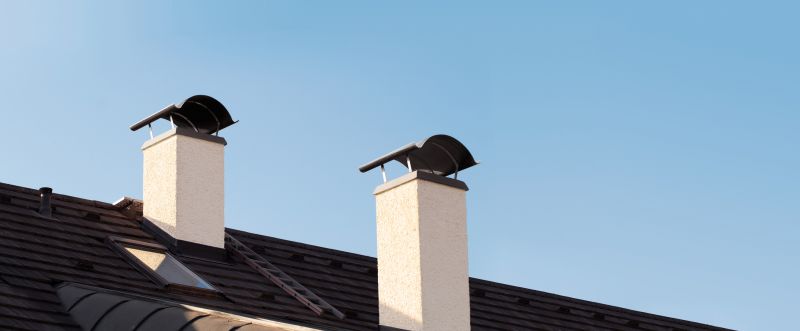
A chimney cap prevents debris and animals from entering and damaging the chimney structure.
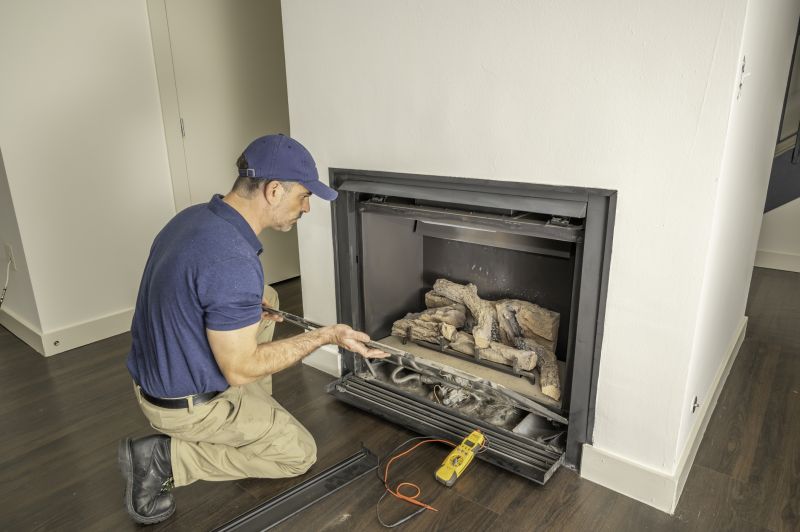
Maintaining a clean flue ensures proper smoke venting and reduces fire risks.
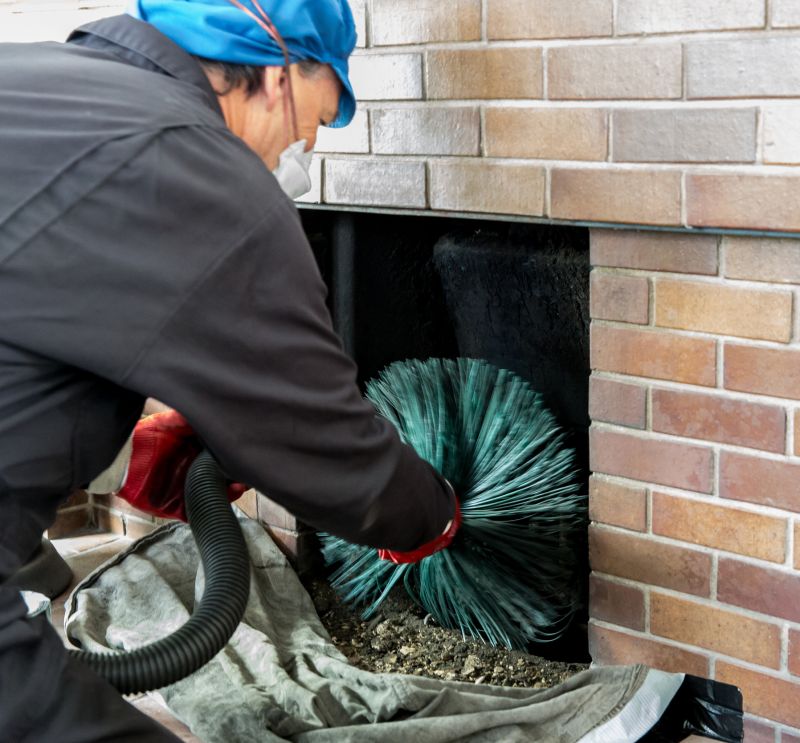
The damper controls airflow and must function properly for safe operation.
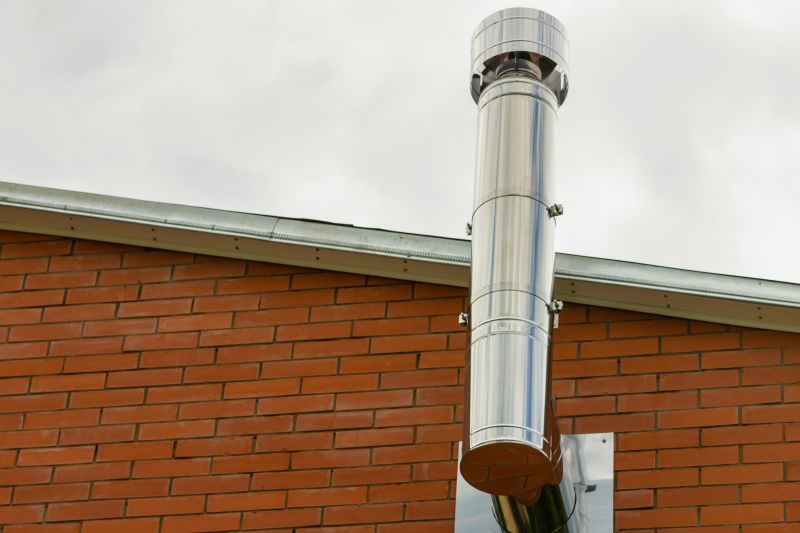
A well-maintained liner protects the chimney walls and improves safety.
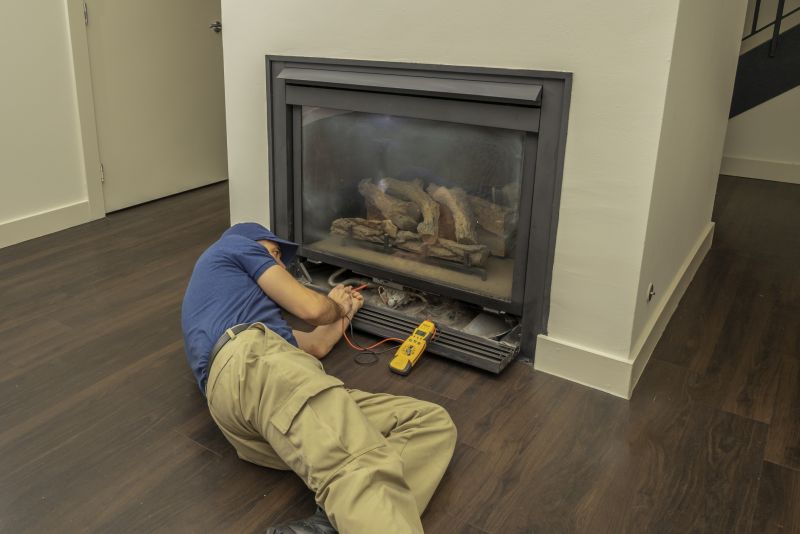
Inspecting the interior helps identify cracks or damage that could lead to hazards.
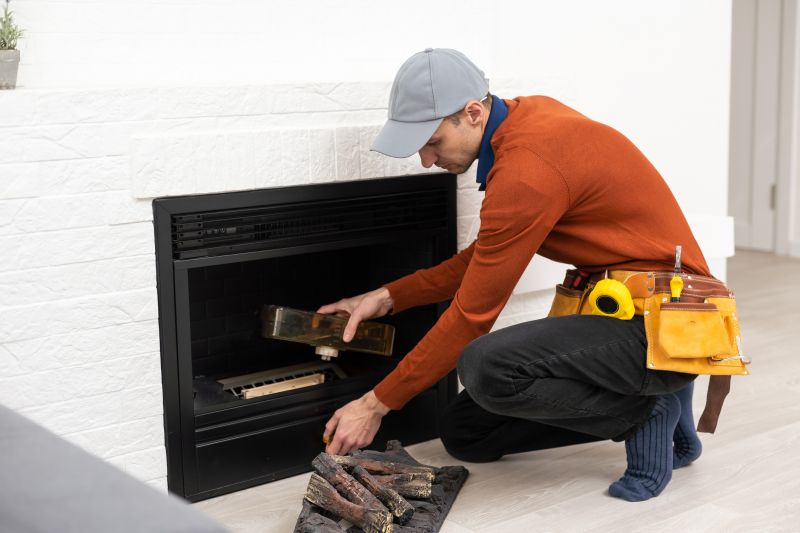
Proper inspection ensures efficient burning and reduces creosote buildup.
Neglecting chimney inspections can lead to dangerous situations such as chimney fires, carbon monoxide leaks, and structural damage. Regular assessments help identify issues like cracked liners, blocked flues, or damaged dampers before they escalate.
Protects the chimney opening from debris, animals, and weather elements.
Provides a safe passage for smoke and gases, preventing heat transfer to combustible materials.
Ensures proper sealing and efficient operation of the fireplace system.
Having a comprehensive chimney inspection evaluates all critical components, including the cap, liner, damper, and interior structure. This process helps maintain safety standards and ensures the fireplace functions correctly.
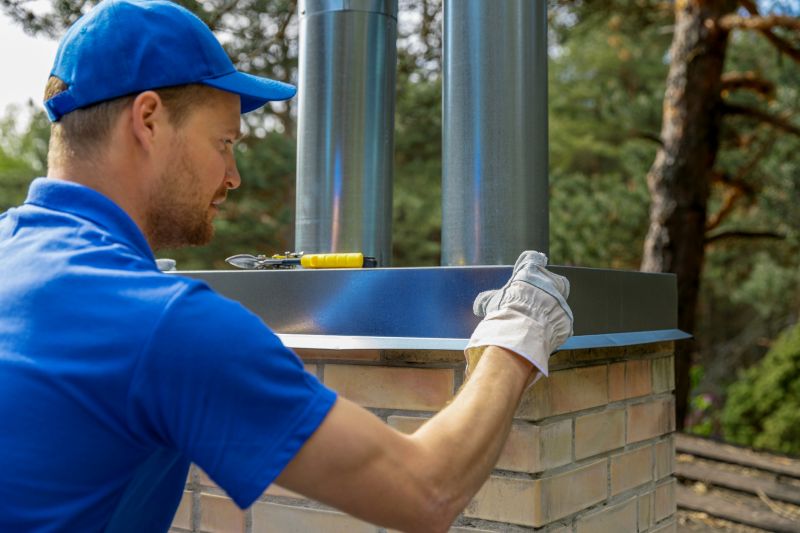
Properly functioning dampers optimize airflow and safety.
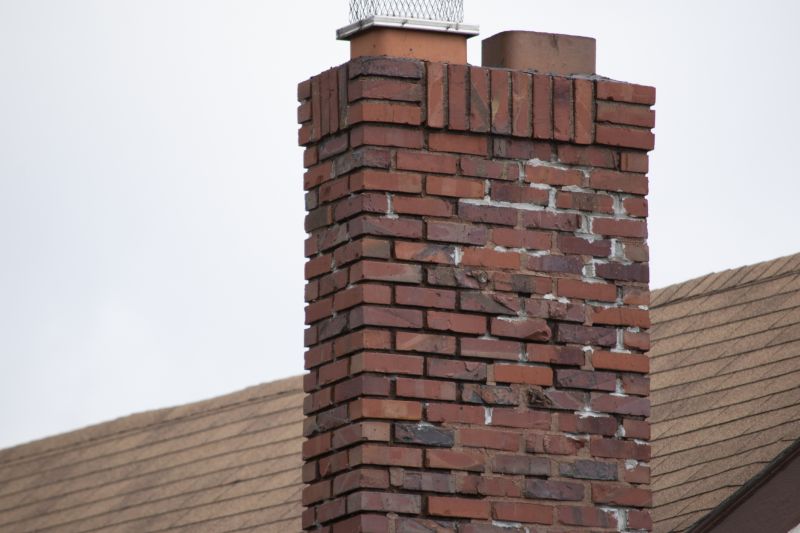
Identifying damage early prevents hazardous conditions.
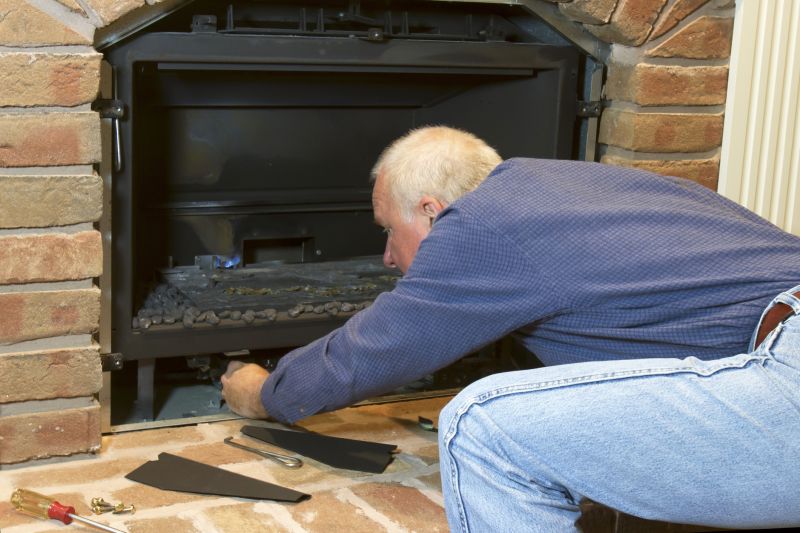
Inspecting the interior for cracks and creosote buildup.
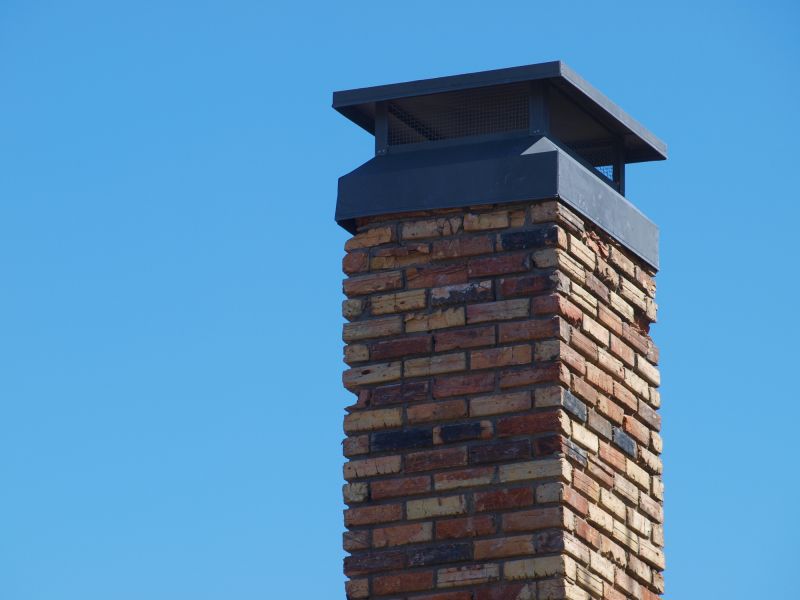
Ensuring both components are intact and functioning.
Regular inspections can help detect issues such as blockages, deterioration, or damage that may compromise safety. Addressing these concerns promptly reduces the risk of fire, smoke damage, and harmful emissions.
For a thorough assessment of a chimney and fireplace system, contact the appropriate service provider. Utilizing a professional inspection ensures all components are evaluated and maintained to safety standards.



